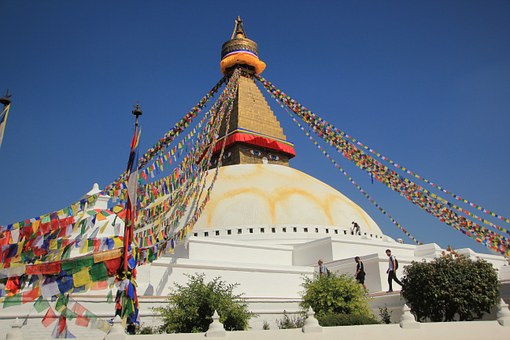The Mahayana point of view is what we particularly want to focus on. Mahayana Buddhism does not tolerate consumption of any kind of meat. Not only meat that does not qualify as being clean but also meat from animals died of illness.
Where can we find proof of this view in the Mahayana canon? It is mainly in the Lankavatara Sutra and the Nirvana Sutra. There are others, but these two provide the most explicit explanations.
~Depicted from THE RIGHT VIEW - Why Vegetarian?











